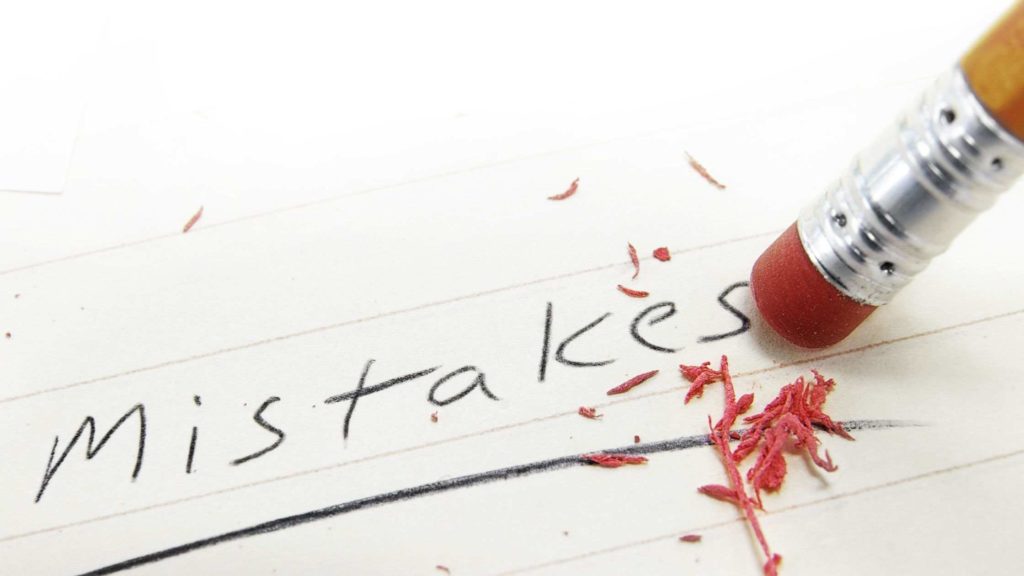Starting a new hotel can be an exciting venture with the promise of lucrative returns. However, like any business, it comes with its fair share of challenges. Even minor mistakes can be costly. In the hospitality industry, a single negative experience can have a lasting impact on your reputation. To help you navigate this competitive industry successfully, we’ve compiled a list of the most common mistakes new hoteliers make and how to avoid them.
Skip to Content
Neglecting Market Research
Before opening a hotel, thorough market research is essential. Many new hoteliers fail to invest time and resources in understanding the local demand, competition and target audience. This oversight can result in mismatched pricing, inappropriate marketing strategies and an inability to meet guest expectations.
To avoid this mistake, conduct in-depth market research to identify your ideal guests, analyse your competitors and understand local market trends. This knowledge will help you make informed decisions about your hotel’s concept, pricing and services.
Ignoring Online Presence
In today’s digital age, the online presence of your hotel is paramount. New hoteliers often underestimate the importance of a well-designed website, active social media profiles and positive online reviews. A lack of online visibility can lead to missed bookings and decreased trust in your establishment.
To rectify this mistake, invest in a user-friendly website, create engaging social media content and encourage guests to leave reviews. Regularly monitor and respond to online feedback to enhance your reputation and attract more guests.
Setting Unrealistic Expectations
New hoteliers often overestimate their hotel’s occupancy and revenue projections, leading to financial strain and disappointment. It’s crucial to set realistic expectations and plan for gradual growth. Understand that it takes time to build a loyal customer base and gain recognition in the industry.
To mitigate this mistake, create a detailed business plan that includes conservative revenue projections, contingency funds and a clear understanding of your break-even point. This approach will help you manage your finances more effectively and reduce the pressure of unrealistic expectations.
Neglecting Employee Training
Your staff plays a crucial role in delivering exceptional guest experiences. Neglecting employee training can result in poor service, dissatisfied guests and high staff turnover. New hoteliers may assume that hiring experienced staff eliminates the need for training, but every hotel has its own unique procedures and standards.
To avoid this mistake, invest in employee training programmes. Ensure your staff understands your hotel’s values, standards and guest service expectations. Regular training and performance evaluations can help maintain a high level of service quality.
Inadequate Maintenance and Renovation
Failing to maintain your hotel’s facilities and rooms can lead to a decline in guest satisfaction and increased maintenance costs over time. New hoteliers might postpone necessary renovations or repairs to save money, but this approach can negatively impact the guest experience.
To prevent this mistake, establish a proactive maintenance schedule and set aside a budget for regular upkeep and renovations. Well-maintained facilities not only enhance guest satisfaction but also extend the lifespan of your assets.
Overlooking Marketing and Promotion
Don’t underestimate the importance of continuous marketing and promotion efforts. Relying solely on word-of-mouth or local visibility may limit your hotel’s growth potential.
Allocate a budget for marketing and promotion. Explore various channels, including social media, email marketing, pay-per-click advertising and partnerships with online travel agencies (OTAs). A well-rounded marketing strategy will increase your hotel’s exposure and attract a wider range of guests.
Ignoring Guest Feedback
Feedback from guests is a valuable source of insight that new hoteliers may overlook. Ignoring guest feedback can result in repeated issues and a decline in guest satisfaction.
So, actively seek guest feedback through surveys, comment cards and online reviews. Use this feedback to identify areas for improvement and make necessary changes to enhance the guest experience.
Failing to Adapt to Industry Trends
The hospitality industry is constantly evolving with new trends, technologies and guest preferences. New hoteliers who resist adapting to these changes may find it challenging to stay competitive.
To avoid this mistake, stay updated with industry trends, attend hospitality conferences and network with other hoteliers. Embrace new technologies, sustainability practises and emerging trends to keep your hotel relevant and appealing to modern travellers.
Inefficient Cost Management
Poor cost management can lead to financial struggles and reduced profitability. If you underestimate operating costs, it will lead to an unexpected financial burden.
Start off with a strict budgeting system and regularly review your expenses. Identify cost-saving opportunities, negotiate contracts with suppliers and monitor your finances closely to ensure that your hotel remains financially healthy.
Disregarding Legal and Regulatory Compliance
Failing to adhere to local, state and government regulations can result in legal issues and damage your hotel’s reputation.
To prevent this mistake, consult with legal professionals or regulatory experts to ensure that your hotel complies with all the necessary rules and regulations. This includes licences, permits, safety standards and tax obligations.
Conclusion
By avoiding the common mistakes discussed in this guide, you can increase your chances of success in the competitive hospitality industry. Remember that learning from these mistakes and continually improving your operations will help you create a thriving and profitable hotel business that delights your guests and builds a positive reputation.
If you have just started a hotel, invest in a good hotel management software. Read our guide on buying the right software.

